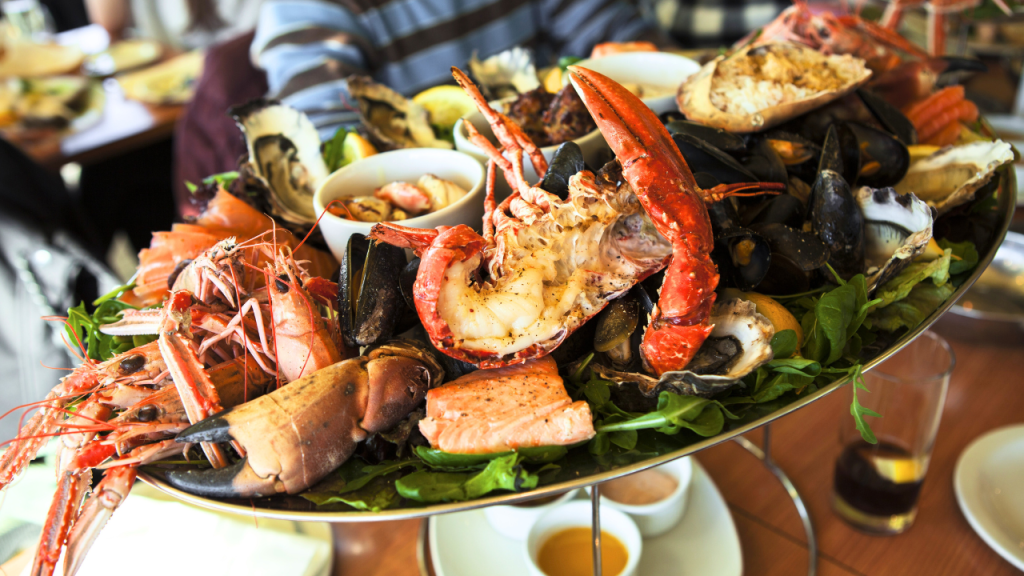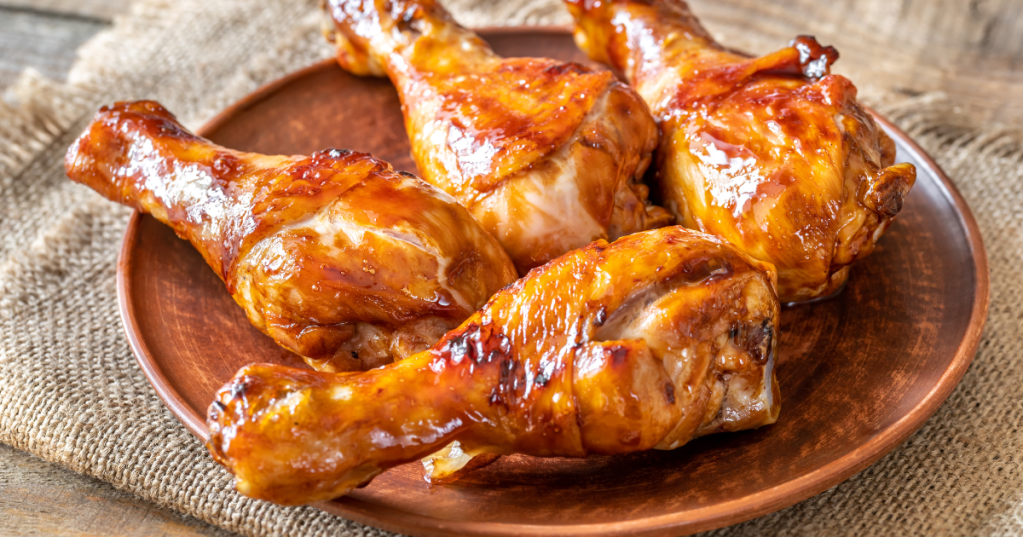“Is All Seafood Halal? Understanding Halal Guidelines for Seafood Consumption”
In the realm of Islamic dietary laws, the concept of Halal plays a significant role in guiding what is permissible for consumption. When it comes to seafood, a diverse and essential component of many diets worldwide, the question often arises: “Is all seafood Halal?” Let’s delve into the guidelines and considerations surrounding Halal seafood consumption.
Halal Principles for Seafood
The fundamental principle in Islamic dietary laws regarding seafood is that it is generally considered permissible (Halal) unless it falls into specific categories that are prohibited (Haram). Here’s a breakdown:
Permissible Seafood:
In general, the vast majority of fish are considered Halal. This includes popular species such as salmon, tuna, cod, tilapia, and many others. These fish are well within the bounds of permissible seafood for those adhering to Halal guidelines.
Prohibited Seafood:
However, there are specific types of seafood that are deemed Haram, or prohibited, according to Islamic dietary laws:
– Predatory Seafood: Animals that are carnivorous or predatory, such as sharks, fall into the category of prohibited seafood.
-Animals without Scales: According to Hadith, seafood without scales is also considered Haram. This includes shellfish such as lobsters, crabs, shrimp, and prawns.
Importance of Halal Slaughter
Unlike land animals, seafood does not require traditional slaughtering procedures. However, the ethical harvesting of seafood is emphasized. This means that the method of catching or harvesting should be done in a manner that ensures the animal does not suffer unnecessarily.
Halal Certification for Seafood
In many regions, there are organizations and certifying bodies responsible for ensuring that seafood products adhere to Halal guidelines. When purchasing seafood, especially processed or packaged products, consumers can look for certifications from recognized Halal certifying bodies. These certifications provide assurance that the seafood has been processed according to Islamic dietary laws.
Educating for Informed Choices
In conclusion, not all seafood is considered Halal according to Islamic dietary laws. While the majority of fish are permissible, predatory seafood and shellfish without scales are generally considered prohibited (Haram). It’s crucial for individuals to educate themselves on the principles of Halal and make informed choices when it comes to seafood consumption.
By understanding these guidelines and seeking out certified Halal options, individuals can ensure they are following the traditions and teachings of Halal consumption when enjoying the bounty of the sea.
Whether you’re a devout follower of Halal practices or simply curious about the guidelines, knowing the principles behind Halal seafood consumption can lead to a greater appreciation for the food we eat and the traditions that surround it. So, the next time you’re at the seafood market or dining out, keep these guidelines in mind for a Halal and ethically conscious experience.



Leave a comment